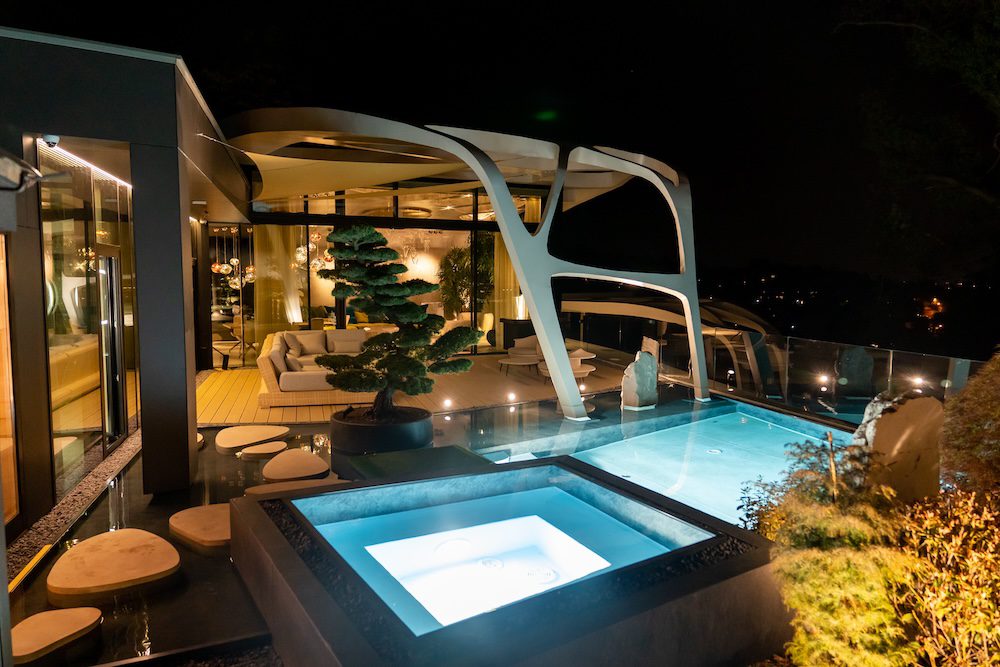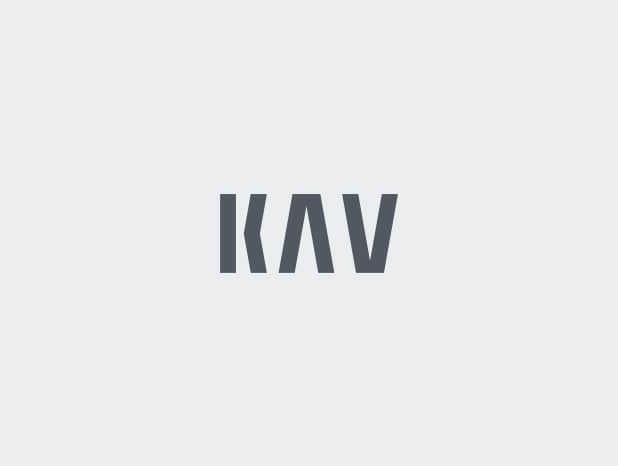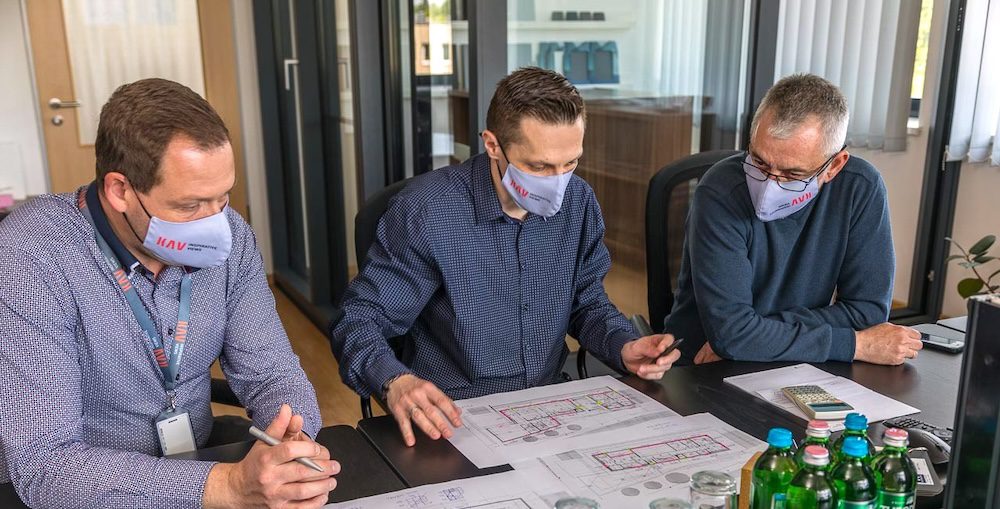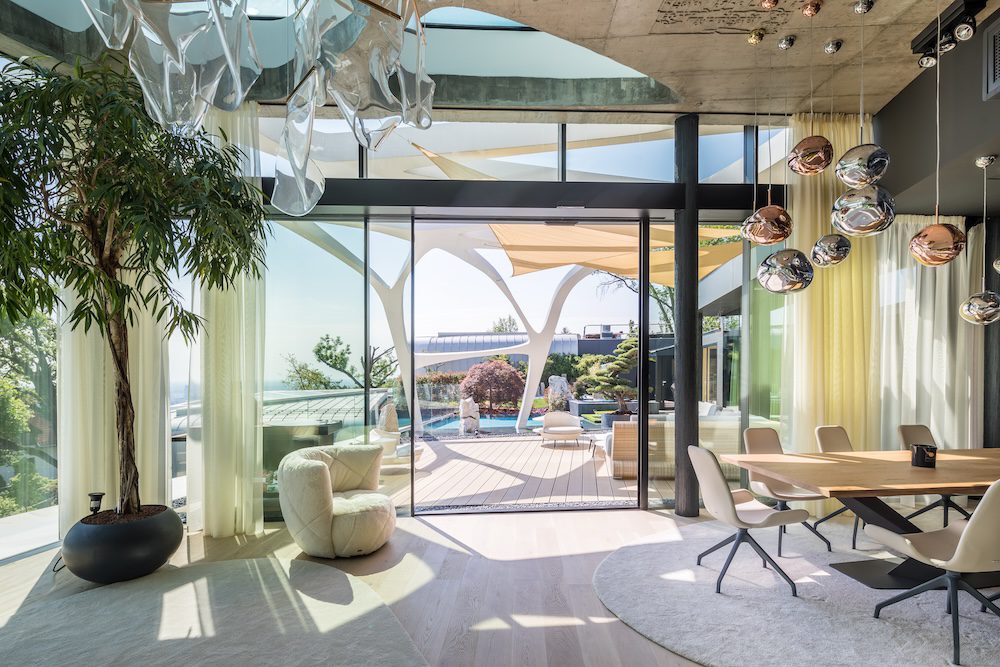Aluminium doors and windows and a flexible business model

As a company specialised in custom doors and windows, KAV is constantly striving for innovation and renewal, while maintaining the values it is worth building on. As a member of the Gamechangers professional community, we strive to share best business and organisational practices. We talked to the founder of the initiative, Gábor Csóti, about how the coronavirus epidemic has changed the operation of businesses and what direction it is worth following in this difficult period.
How did this professional community start; what was its purpose?
The Gamechangers community was created four years ago, with the help of KAV, among others, to explore ways in which organisations will be able to meet the expectations of the era and how to respond to challenges. Changes are most evident in technology and employee priorities, resulting in changes in the organisational and leadership techniques used.
We started a dialogue to find out who has good practices and what kinds they are. We looked for examples that we thought would ensure a company’s competitiveness in the long run. To this end, we have also brought in international experience, such as the ‘Investors in People’ system, which structures organisational practices. We predicted many things, including the loosening of the organisational hierarchy, the spread of robotisation and automation.
We knew it would come sooner than companies were prepared for, but we couldn’t expect an epidemic to give explosive acceleration to these processes. This showed how important it is for companies to be prepared for unexpected situations. A little bit even for something you can’t prepare for. This requires a degree of flexibility, which can be the primary guarantee that they have any chance of survival at all.
Was it because of the virus situation that you decided to re-activate this professional community?
Yes, we revived the Gamechangers because of the crisis. By the time we met, everyone had gathered a good few months of experience, questions, and of course bitterness. We started to think together about the topics that this situation accelerated and changed. Such is the issue of home offices, the situation of employees, the change in the role of leadership. These are changes that we only expected years later.
And what did you get; what path should companies follow today?
Immediate action and flexibility are needed to sustain a company in this situation. There is also a need for company leaders to address the issues mentioned earlier more intensively. This crisis situation showed that the managers and companies who had been paying attention to this before – such as KAV – were more prepared; they could react correctly in the crisis situation almost immediately. Károly Lovász, the managing director of KAV, for example, often calls members of his team game masters rather than managers. Those who lead others or have to solve problems and tasks jointly with others. This name shows the kind of thinking that can help in a situation like this.
So many things came to a standstill; there were fewer projects, and customer demand changed in some areas, therefore many had to reduce financial and human resources, which could also lead to a decline in performance. If you put the resources you invest and the performance you take out side by side, the difference between them will be the corporate result, which dropped as a result of the crisis and has gone to zero or even into to a negative range. The real big question is how we rebuild ourselves. It seems evident that entrepreneurial operation will not be the same as it was before the crisis. We need to find ways to achieve greater performance, albeit with a more solid resource base. This may bring back or even increase profits.
But what do you need for that?
That was what we talked about at the meeting. One important element is transforming and preparing the organisational background for something we are not yet sure about. This is the paradox: we are preparing for something, but we do not know exactly what for. It seems that the role of managers as bosses will become a kind of support role, and employees will need much more flexibility, and that does not just mean home offices. It is also important how well we are able to get ahead of the market and respond to consumer needs. So innovation is paramount, but it also requires a degree of flexibility. If customer needs change, they should also be tracked with improvements, even by modifying existing directions. I think KAV is also exemplary in this. This kind of innovative capability can help a business gain a lasting competitive advantage.
Of course, it is also important what technology you use. Do you dare to automate processes and involve robotics or artificial intelligence; People must be allowed to carry out work processes that have greater added value. The real big question is what the economy as a whole, society, is doing with this. How can people acquire the skills to stand their ground in this changing environment, in more sophisticated jobs?
But many are afraid of innovation …
Indeed. The difficulty of innovation projects is always that we often feel like we are packing the resources in, what will come out of it is questionable. That’s why many people prefer not to set about it, not to take risks. They remain in tracking mode, which will never become a competitive advantage. However, if we consciously run innovation projects, examine what the chances are that the resources devoted to development will actually achieve the expected result, then we can gain an advantage.
In any case, not only patents can be innovations, but anything novel that is forward-looking. We distinguish three layers. The first layer is product and service innovation; this is development. The second – in which we are usually much weaker – is business innovation; that is, how we explore new opportunities, bring developments to market, segment our products and markets, develop business sub-models, and use online space. And the third layer is organisational innovation; that is, how we strengthen the organisational background to be able to do all this. These three layers need to work together for success, and it’s good to have it built into the thinking of your employees as well. Everyone knows why it is important; they generate ideas, plan and make sensible decisions at certain points. In the end, it is important to gather and share the lessons of the project. We need to learn from all innovations.
We are at a very important moment because the SME sector currently has a competitive advantage over the multinationals in some respects. They work with a smaller number of people; they can try new things more flexibly. They do not have to go through the steps that are inevitable in a larger organisational system, where the processes are much more tied up due to policies and corporate rules. It seems that the future belongs to networked, organically built, highly resilient organisations.
How do you see it; to what extent is KAV’s strategy a flagship in the current situation?
The management of KAV is a good investor, which in my formulation means that it is not only about revenue, but about long-term value creation. The economic environment in Hungary does not necessarily allow everyone to think this way, but fortunately for this company, which designs and manufactures custom doors and windows, this is the decisive thinking. It is important that this is not only characteristic of the leader, but that the others also go with him. Networked organisation building is kept in mind, so after hiring, in practice, filtering out experiences and learning about strengths, they find the place of the person in the system, which can change flexibly if circumstances so require. Commitment and passion are great values for colleagues. I think they need to talk a lot, to tune into each other, and also take on the necessary conflicts to get everyone in the right place in the system. This requires open thinking on everyone’s part. In addition, they constantly have resource-intensive, innovative projects that require both courage and thoughtfulness. They are not reckless, but are cleverly brave. This mentality can give the company a competitive edge.

MoreNews























